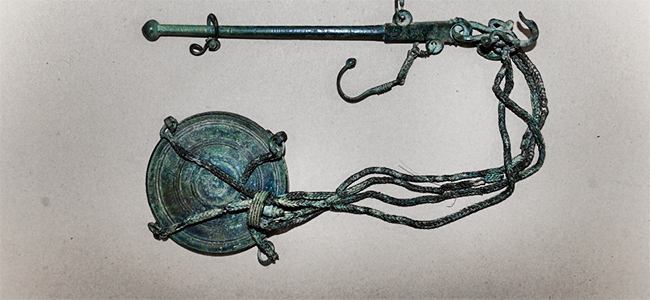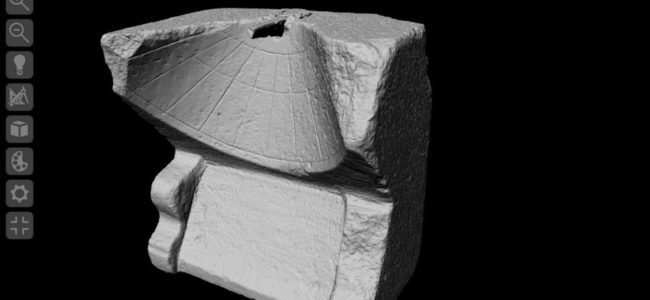The research group examined the epistemic networks through which the ancient world was transregionally connected. The encounters between the diverse cultures of the Mediterranean and the Near East repeatedly triggered innovative developments that reached other, more distant cultural spaces.
| 20 | Researchers |
| 6 | Research Projects |
| 1 | Dissertation Project |
| 16 | Publications |
| 10 | Events |
| 9 | Cooperating partners |
This process of knowledge transfer can be analyzed by mapping the topological structure of the network that connects the possessors of knowledge. The constitutive routes and the important centers of these epistemic networks are intimately related to geographic, political, and economic factors on the one hand and defined by mechanisms of transmission and transformation on the other hand.
Technological innovation and the formation of scientific theory were closely interrelated. The unequal-armed balance, for example, facilitated operations of weighing and measuring. At the same time, it incorporated knowledge about levers, which was formulated explicitly in the 4th century BCE. The group investigated both how the diffusion and diversification of technology were related to the artistic, religious, legal, and economic systems in which it took place, and how these systems were influenced by technological innovation.
Research Projects
- (D-5-1) The globalization of knowledge in antiquity
- (D-5-2) Multilingualism
- (D-5-3) The aristotelization of antiquity
- (D-5-4) Pneumatic technology and knowledge in antiquity
- (D-5-5) Between knowledge and innovation: the unequal armed balance
- (D-5-6) Ancient sundials


